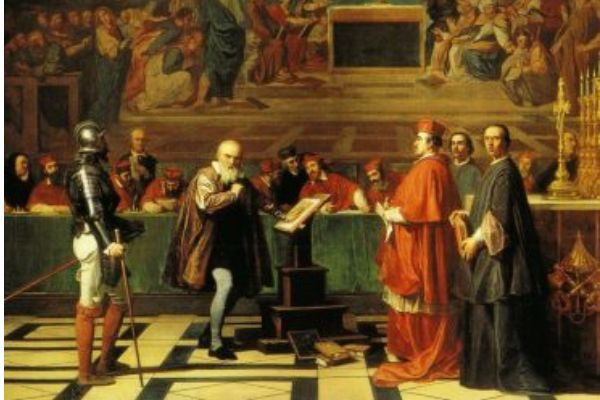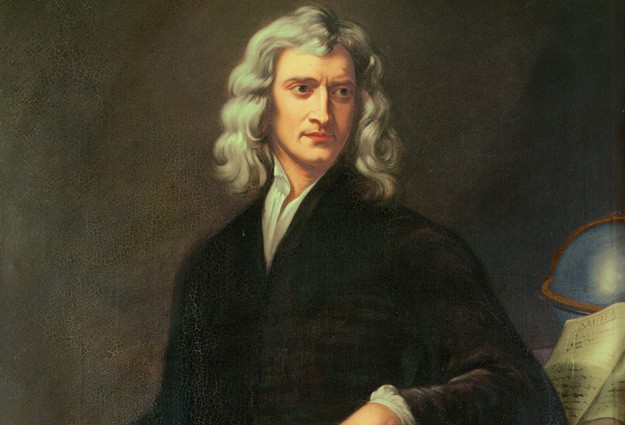Sir Isaac Newton Was The Second Scientist To Be Knighted
In addition to his contributions to science, Isaac Newton was elected President of the Royal Society in 1703, served as a member of the English Parliament from 1689 to 1690 and 1701 to 1702, and was appointed Warden and Master of the Royal Mint in 1696 and 1700, respectively. As the head of the Royal Mint, Newton used his authority to punish forgers, and in 1717, he switched the Pound Sterling from the silver standard to the gold standard with the "Law of Queen Anne."
During a visit to Cambridge on April 16, 1705, Queen Anne knighted Isaac Newton in recognition of his lifetime of accomplishments. His beloved Trinity College hosted the extravagant celebration. Some claim that rather than being awarded for his scientific accomplishments, the knighthood was prompted by politics and the 1705 election. In any case, Isaac Newton is the only other scientist to have received a knighthood in Great Britain, joining Sir Francis Bacon.
In his later years, Newton was appointed the Royal Mint's Warden and elected as a Member of Parliament. He has since been referred regarded as a natural philosopher by historians, a guy who ultimately contributed to the scientific revolution in Europe as a whole as well as in Britain. He passed away and was buried at Westminster Abbey in 1727, at the astonishing age of 87.











